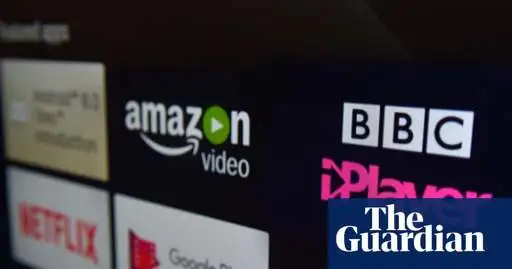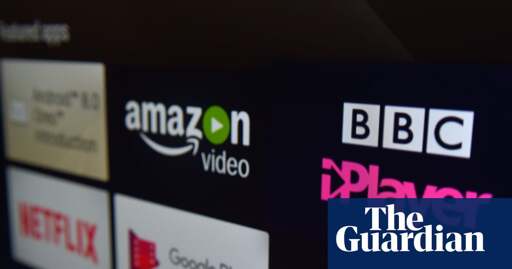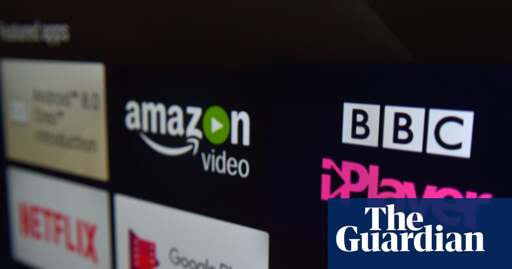Can’t pay, won’t pay: impoverished streaming services are driving viewers back to piracy
Can’t pay, won’t pay: impoverished streaming services are driving viewers back to piracy

Can’t pay, won’t pay: impoverished streaming services are driving viewers back to piracy

A decade and a half on from the Pirate Bay trial, the winds have begun to shift. On an unusually warm summer’s day, I sit with fellow film critics by the old city harbour, once a haven for merchants and, rumour has it, smugglers. Cold bigstrongs in hand (that’s what they call pints up here), they start venting about the “enshittification” of streaming – enshittification being the process by which platforms degrade their services and ultimately die in the pursuit of profit. Netflix now costs upwards of 199 SEK (£15), and you need more and more subscriptions to watch the same shows you used to find in one place. Most platforms now offer plans that, despite the fee, force advertisements on subscribers. Regional restrictions often compel users to use VPNs to access the full selection of available content. The average European household now spends close to €700 (£600) a year on three or more VOD subscriptions. People pay more and get less.
According to London‑based piracy monitoring and content‑protection firm MUSO, unlicensed streaming is the predominant source of TV and film piracy, accounting for 96% in 2023. Piracy reached a low in 2020, with 130bn website visits. But by 2024 that number had risen to 216bn. In Sweden, 25% of people surveyed reported pirating in 2024, a trend mostly driven by those aged 15 to 24. Piracy is back, just sailing under a different flag.


They chose to kill the golden goose by jacking up prices over and over and over. I don’t feel bad for greedy corporations who did this to themselves.
It's not even that. It's the fact that each of them has so little content, any attempt to find what you want leads you skipping between like three apps, only to find that your only way to watch that 10 year old movie is to rent it from Amazon for £11.99.
And then you look up how to set up Jellyfin.
IMO the biggest thing is in the fracturing they had the ability to do what everyone thought cable should do.
IE cable packages could have been made to work, if say they were actually split by genre or similar. But instead if you want a package for X, you pay for 500 channels you don't want.
IE if the streaming services split up by genre. Like off the top of my head discovery + was the only one that IMO did a cool thing, IE focused on purely giving a solid theme where if you like educational type programs, that's the one to get.
If there were like a sci fi focused streaming, or comedy etc... but rather than going focused, we've got 20 generalists. As a result if say you only like one type of show, you need to buy 6 streaming services, for the 6 good shows in that genre.
The cable bundles made sense because there was never going to be enough interest for many of the smaller channels to stay viable, even if they had dedicated fans who loved their content. Bundling something like Logo with E! TV and ESPN meant that cable companies could offer you Logo at a loss while collecting big bucks from the industry giants. People DON'T want to pay for loads of small channels, they want to pay someone once and get everything they want.
That's why Netflix was so popular 12 years ago. They had just about everything you wanted to watch all under ine tent for a fraction of a cable package. Now the content people want is scattered across various companies so people opt out
My understanding is that rightsholders didn't take it seriously, so content was cheap to license in the early days of Netflix streaming. That's no longer the case.
I think that’s fine, but now all the rights holders want 100% of the profit so you have to subscribe to umpteen services that are mostly paid and have unskippable ads.
They had a good thing going and were getting tons of free money from their back catalogs and the customer has never been happier.
yet somehow Spotify figured this shit out.
I mean they're still enshittifying for shareholders but not due to lack of content.
Further, the studios saw how Apple cornered the market selling songs for a dollar and didn't want any one company (Netflix) to have that kind of control again. And it happened the same way: the record industry didn't take the iTunes Store as anything that could be a huge success and gave Apple a sweetheart deal that they later regretted for leaving money on the table.
The lesson they didn't learn is that it takes competitive pricing to wipe out (most of) piracy. The desire to squeeze every last drop of profit leads to its resurgence.
Good riddance to studios opening a bajillion streaming services. Sail the high seas and be merry.
The golden goose (global society, habitable Earth, pick one) is already dead. They're just trying to eat as much of the corpse as they can so we can't have any.